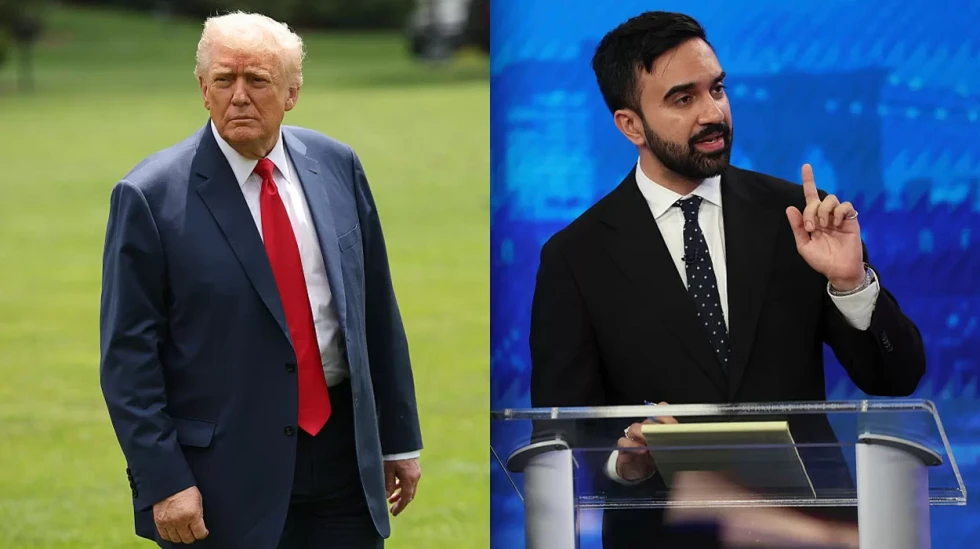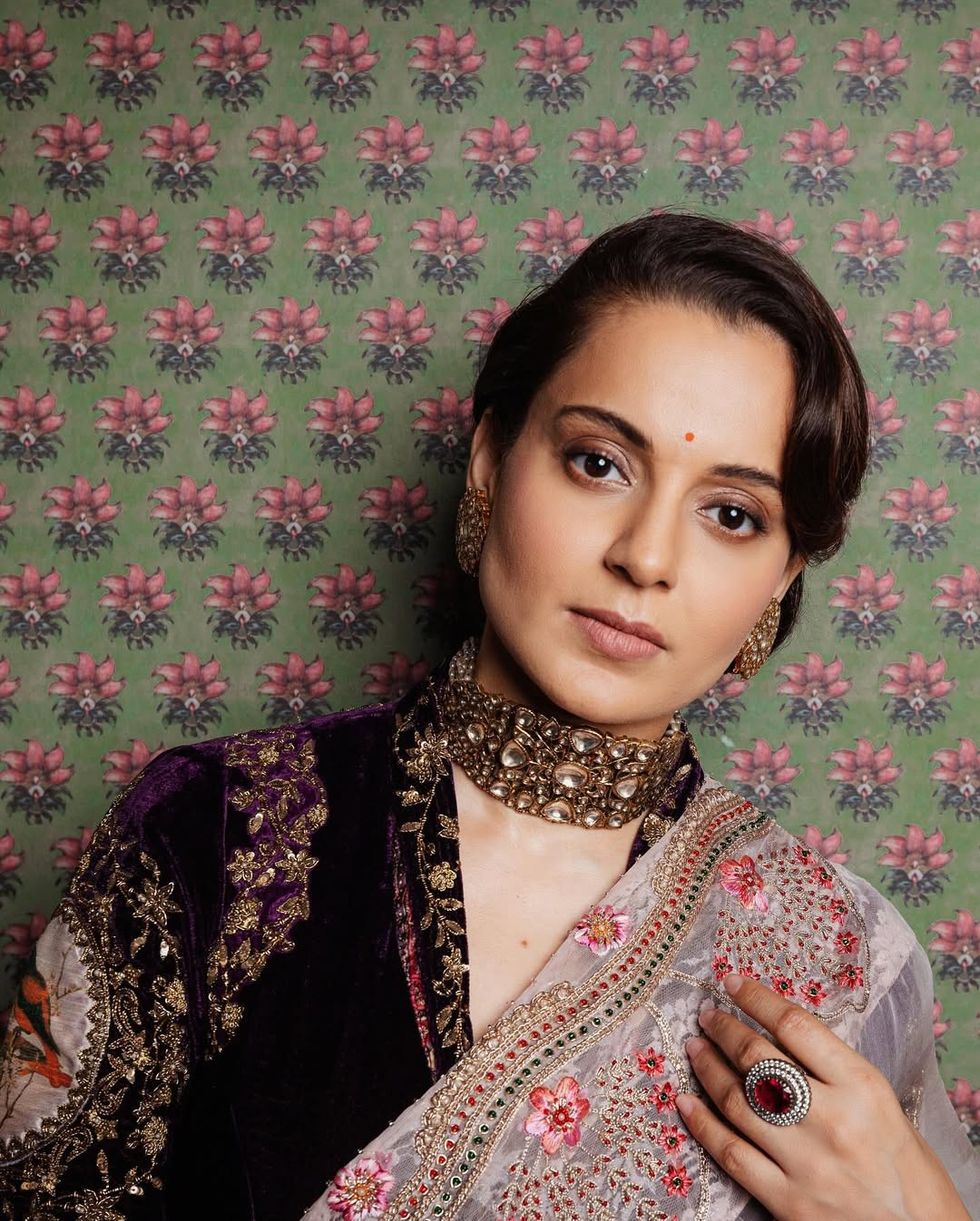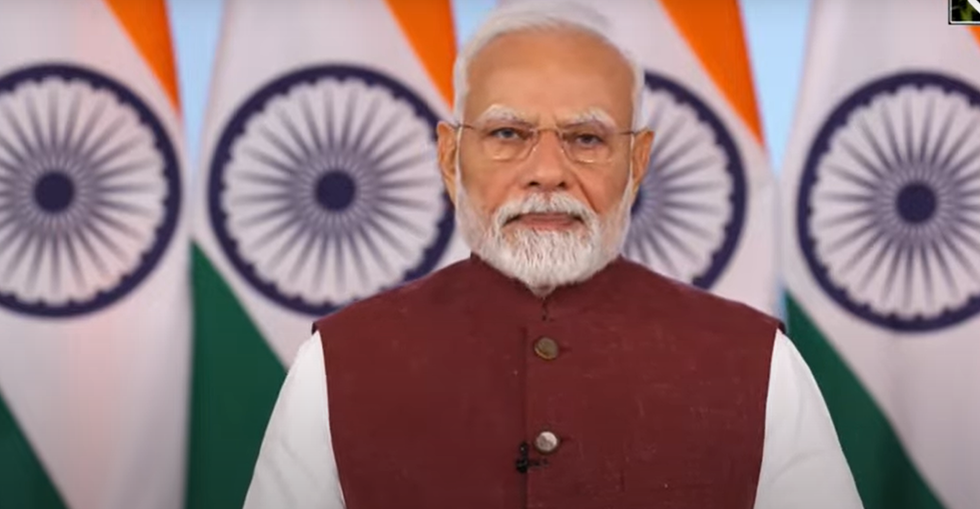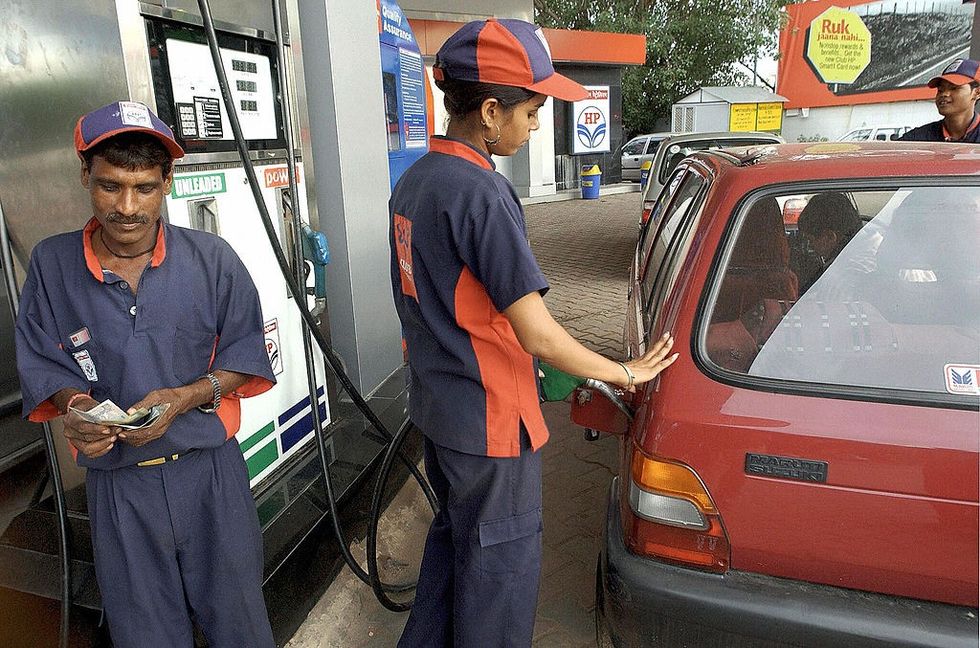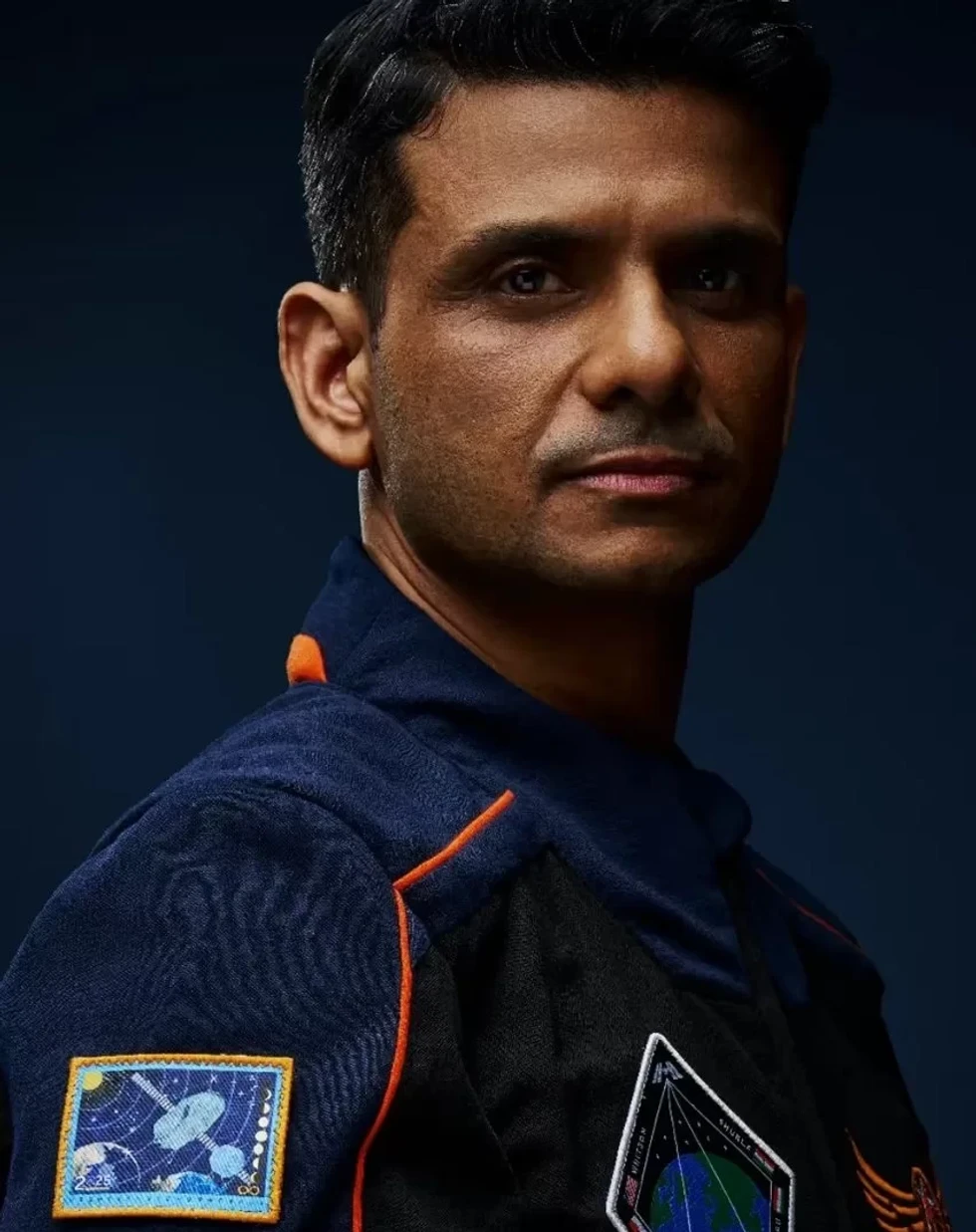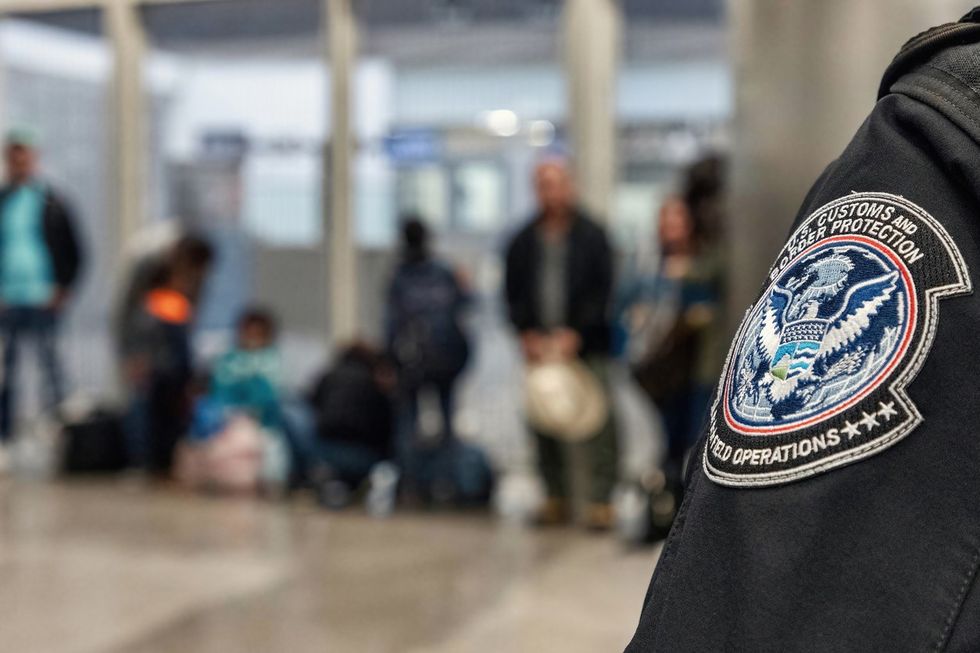The iconic Deccan Queen, the first deluxe train of the Indian Railways, completed 93 glorious years of operations between Pune and Mumbai on Thursday (1), according to the Central Railway.
Rail enthusiasts and authorities celebrated the occasion with a lot of zeal and cut two big cakes at the Pune railway station on Thursday morning before the Deccan Queen departed for the Chhatrapati Shivaji Maharaj Terminus in Mumbai, the capital of the western state of Maharashtra.
Chandrakant Patil, a top minister in the state, was also present on the occasion.
“Over the last 93 years of its colourful history, the train has grown from a mere medium of transportation between two cities into an institution binding a generation of intensely loyal passengers,” the Central Railway said.
For the special day, the train was decorated with colourful garlands, and an attractive 'rangoli' (colourful pattern) was made at the entrance of the platform from the train left.
A music party played tunes of various songs to mark the occasion. As per a Central Railway release, the Deccan Queen had its maiden run on June 1, 1930, which was a major landmark in the history of the Great Indian Peninsula (GIP) Railway, the forerunner of the Central Railway.
It was the first deluxe train introduced to serve two important cities of the region – Mumbai and Pune (previously known as Bombay and Poona, respectively)- and was aptly named after Pune, which is also known as the 'Queen of Deccan' (Dakkhan ki Rani), the release said. Initially, the train was introduced with two rakes of seven coaches each, one of which was painted in silver with scarlet mouldings and the other with royal blue and golden lines, it said.
“The under frames of coaches of the original rakes were built in England while the coach bodies were built in the Matunga workshop (Mumbai) of the GIP Railway,” the release said.
The Deccan Queen initially had only first class and second-class accommodation, but the first class was discontinued on January 1, 1949 and the second class was redesigned as first class, which continued up to June 1955, when a third class was introduced on this train for the first time, it said.
The coaches of the original rakes were replaced in 1966 by anti-telescopic steel bodied integral coaches built by the Integral Coach Factory, Perambur in the southern state of Tamil Nadu.
These coaches incorporated an improved design of bogies for better riding comfort and also improvements in the interior furnishings and fittings, the release said. The number of coaches in the rake was also increased to 12 from the original seven, providing additional accommodation.
Over the years, the number of coaches in the train has been increased to the present level of 16, it said. Since last year, Deccan Queen has been running with the new Linke Hofmann Busch (LHB) rake which is considered safer and comfortable as compared to the conventional ones. The LHB coaches are lighter in weight, have higher carrying capacity, speed potential, and better safety features.
“With the ever-growing aspirations of the travelling public for better amenities, improved standards of comfort and better quality of service, it was considered necessary to give a complete facelift to the Deccan Queen,” the release said.
The Deccan Queen is the only train in entire India having the dining car that offers table service for 32 passengers and has modern pantry facilities such as microwave oven, deep freezer and toaster. The dining car is also tastefully furnished with cushioned chairs and carpet, railway officials earlier said.
The dining car and the train's exterior have been designed by the National Institute of Design (NID), Ahmedabad, in co-ordination with the Railway Board, Research, Design and Standards Organisation, Integral Coach Factory, Chennai, and Central Railway officials with inputs from the general public, they said.
(PTI)



